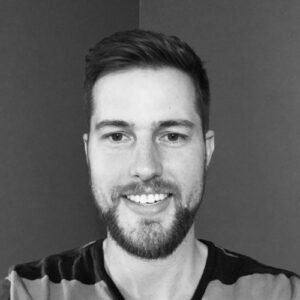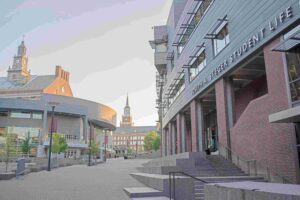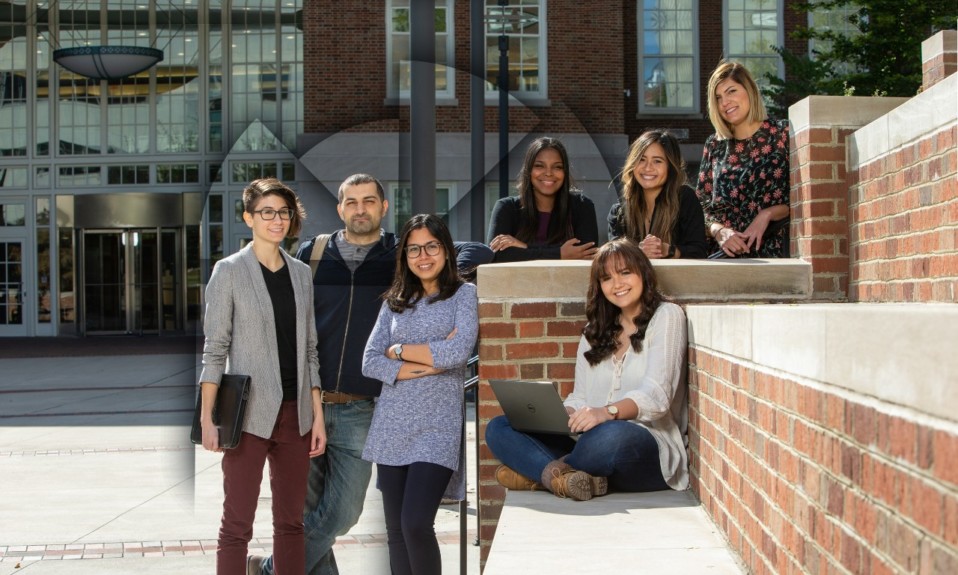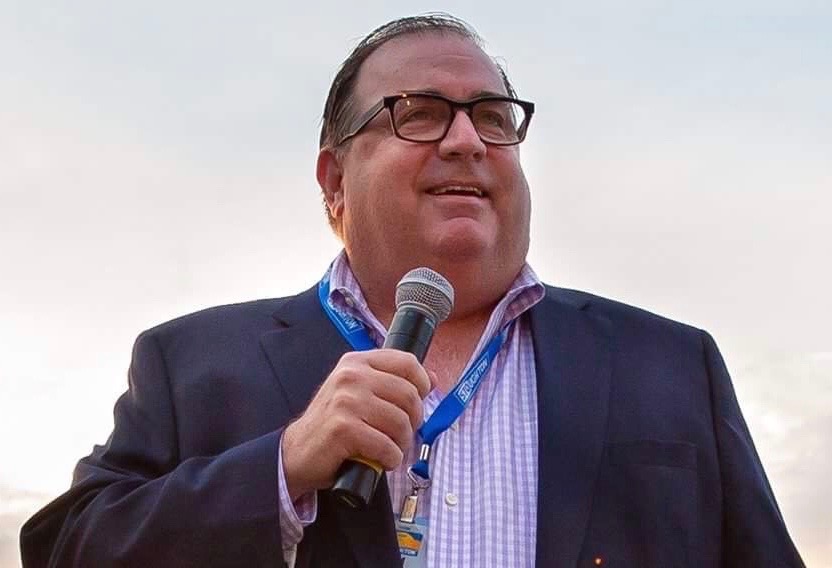This sponsored content is produced for the University of Cincinnati Online Substance Abuse Counseling Program by Treatment Magazine Content Studio.
By Elizabeth Wood, Treatment Magazine Content Studio
Substance misuse in the United States today is a crisis made even more dire by lack of access and community connection during this past year of COVID. As we slowly emerge from the pandemic, there is much work to be done; educating addiction professionals to provide the best and most innovative care is that much more critical. Excellence and innovation are at the heart of the University of Cincinnati’s nationally recognized Bachelor of Substance Abuse Counseling program.
Students from all walks of life are invited to be a part of this UC School of Human Services program designed to level up treating the substance use disorder (SUD) landscape and fighting addiction—one person at a time. Treatment Magazine talked to George Richardson, Ph.D., the program’s associate professor, about its curriculum and goals for improving outcomes in treatment and addiction.
Why UC’s Program Is Best in Class

Richardson has been leading this professional Bachelor of Science program for seven years, watching with pride as it expanded its online offerings. Alongside professor Michael Brubaker, another leading U.S. scholar on mental health and substance abuse counseling, Richardson works closely with expert addiction professionals to create a slate of study that will prepare students for a chemical dependency counselor license in Ohio or the equivalent in many other states.
“One thing [that sets our program apart] is we have practitioners who are active in the field,” says Richardson. “Other similar programs aren’t housed in research.” UC program grads benefit from close training with faculty working at the cutting edge of recovery sciences. “Students can learn a lot of the questions still unanswered. And I think that can be a little daunting at first, but it’s exciting too.” For example, instead of focusing on short-term outcomes one year out for people struggling with substance and alcohol misuse, graduates track and study long-term outcomes after 10 and 15 years.
Another differentiator is that UC’s substance abuse counseling degree is designed to accommodate the full range of student-learning profiles. Attendees can listen to course lectures while commuting to work and sign up for classes at convenient times throughout the day. This flexibility allows students to enrich their learning experience in a personalized way. Additionally, says Richardson, “if [they’re] working full time in the field, people can work with their existing employer to set up an internship at that site.” Not only do these students graduate with meaningful clinical internship experience, many go on to find employment in their place of internship upon graduation.

A Mission Caring for Underserved Communities
A third highlight of UC’s program is its commitment to training students to address inequalities in treatment care. “We’re focused on underserved communities and in social justice,” Richardson explains. To that end, UC’s curriculum offers two cultural competence courses—one lower level and one upper level—focusing on imparting “cultural humility, helping people become aware of their backgrounds … and how cultural factors vary across groups.”
Professors at UC’s substance abuse program teach students how to stay ahead of burnout and ways to address “trauma experiences and other experiences associated with substance use disorders.” In addition, the program focuses on helping students proactively manage their responses in this field, which demands a lot and offers a powerful opportunity to deliver meaningful treatment outcomes. “The students can learn how to navigate that and make sure [they’re] getting the right supervision, right clinical supervision, so [they] have support they need,” adds Richardson.
UC program grads benefit from close training with faculty working at the cutting edge of recovery sciences. ‘Students can learn a lot of the questions still unanswered. And I think that can be a little daunting at first, but it’s exciting too.’”—George Richardson, Ph.D., program’s associate professor, University of Cincinnati Substance Abuse Counseling Program
The teachers learn from their students, as well. “About half of our students are in recovery themselves,” says Richardson. Staff and students learn from each other’s lived experiences, greatly “enriching the discussions in the courses.” And greatly enriching the quality of care they take into the field upon graduation, degree in hand. The program’s renowned personal and professional training is designed to help their graduates take their new training, expertise, and passion back to the recovery community——ready to make a difference and do their part to battle the SUD epidemic in the United States.














